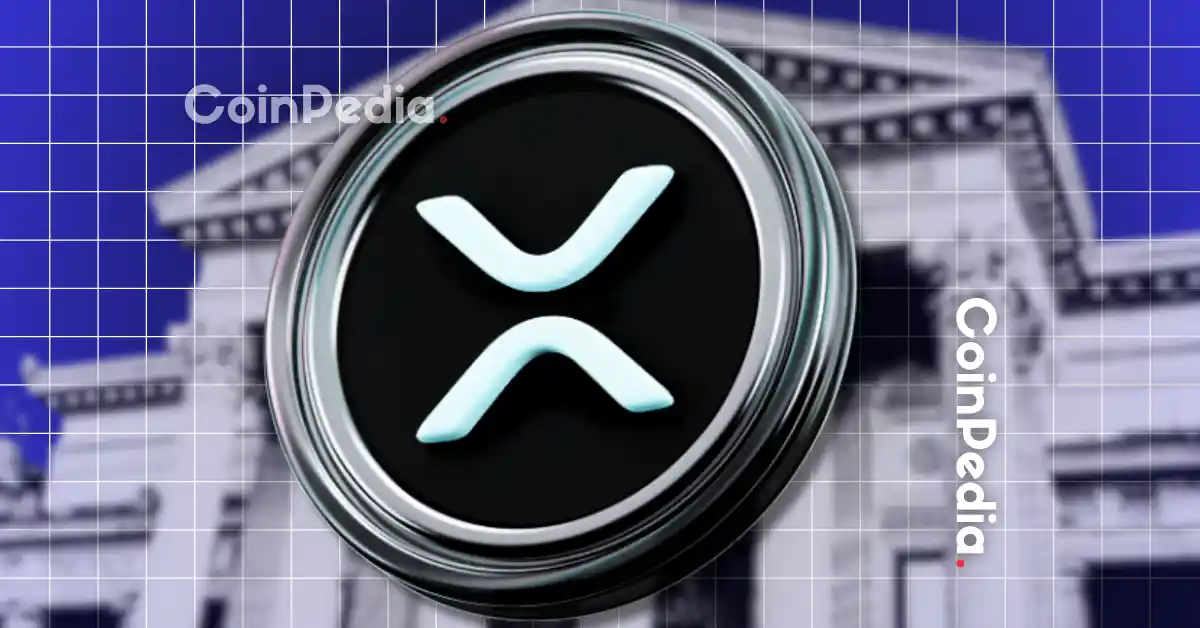The intersection of traditional finance and blockchain technology has always been a hotbed of speculation, particularly when it involves major financial institutions like American Express (Amex) and innovative blockchain companies like Ripple. Recent developments, including Amex’s notifications about cross-border payment delays and ongoing infrastructure upgrades, have sparked renewed interest in a potential resurgence of their partnership. While no official confirmation exists, the historical context and potential benefits of such a collaboration warrant a closer examination.
A Historical Partnership: American Express and RippleNet
The relationship between American Express and Ripple is not entirely new. In November 2017, Amex officially partnered with Ripple to enhance its business-to-business (B2B) cross-border payments through RippleNet. This collaboration aimed to streamline international transactions for Amex’s FX International Payments (FXIP) platform, offering faster and more transparent processing. RippleNet’s appeal lies in its ability to simplify connections between intermediaries, providing end-to-end visibility into transaction status and costs. This is a significant improvement over traditional payment processes, which can be cumbersome and opaque. By leveraging Ripple’s blockchain-enabled network, Amex sought to provide its business customers with a more efficient and reliable way to send money across borders.
RippleNet vs. XRP: Understanding the Distinction
It is crucial to distinguish between RippleNet and XRP, Ripple’s native cryptocurrency. While RippleNet is a payment network that facilitates cross-border transactions, XRP is a digital asset designed to expedite these transfers and reduce costs. The key point here is that RippleNet can function without the use of XRP. Many banks and financial institutions, including American Express, have adopted RippleNet for its infrastructure benefits without necessarily utilizing XRP. This means that Amex can leverage Ripple’s technology to improve payment processing without directly involving the cryptocurrency.
The Allure of Blockchain in Cross-Border Payments
The traditional landscape of international payments is often plagued by inefficiencies. Multiple intermediaries, varying regulations, and currency exchange complexities contribute to delays and increased costs. Blockchain technology offers a potential solution by providing a decentralized and transparent platform for conducting transactions.
- Faster Processing: Blockchain can significantly reduce transaction times by eliminating the need for multiple intermediaries and streamlining the verification process.
- Increased Transparency: Every transaction on a blockchain is recorded on a public ledger, providing greater visibility into the movement of funds.
- Lower Costs: By reducing the number of intermediaries and automating certain processes, blockchain can lower transaction fees.
- Enhanced Security: Blockchain’s cryptographic security features help protect against fraud and unauthorized access.
The Resurgence of Speculation: Why Now?
The current speculation surrounding a renewed partnership between American Express and Ripple is fueled by several factors:
Debunking the Rumors: What We Know for Sure
Despite the buzz, it’s important to note that there has been no official confirmation from American Express regarding a renewed partnership with Ripple. The connection remains speculative, based on Amex’s past collaborations and the timing of its current initiatives.
The Potential Benefits of a Deeper Integration
If American Express were to deepen its integration with RippleNet (or even explore the use of XRP), the benefits could be substantial:
- Enhanced Efficiency: Further streamlining cross-border payments and reducing processing times.
- Improved Customer Experience: Providing customers with faster, more transparent, and more reliable international transactions.
- Cost Savings: Reducing transaction fees and operational expenses.
- Competitive Advantage: Differentiating itself from competitors by offering cutting-edge payment solutions.
- New Revenue Streams: Could be created by leveraging blockchain technology.
The Challenges and Considerations
While the potential benefits are compelling, American Express would also need to consider the challenges and risks associated with a deeper integration with Ripple:
- Regulatory Uncertainty: The regulatory landscape for cryptocurrencies and blockchain technology is still evolving, creating uncertainty for financial institutions.
- Scalability: Ensuring that the blockchain network can handle the volume of transactions required by a major financial institution like American Express.
- Security Risks: Mitigating the risk of cyberattacks and other security breaches.
- Public Perception: Cryptocurrency has a mixed perception among the general public.
American Express and the Future of Payments
Regardless of whether American Express is secretly using RippleNet again, the speculation highlights the growing importance of blockchain technology in the financial industry. As traditional payment systems struggle to keep pace with the demands of a globalized economy, innovative solutions like RippleNet offer a glimpse into the future of payments.
Conclusion: Waiting for Confirmation
The question of whether American Express is secretly using RippleNet again remains unanswered. While the historical context and potential benefits make a compelling case, concrete evidence is still lacking. Until American Express officially confirms a renewed partnership, the rumors will continue to swirl, fueled by the promise of faster, more transparent, and more efficient cross-border payments. Only time will tell if this speculation will turn into reality.

